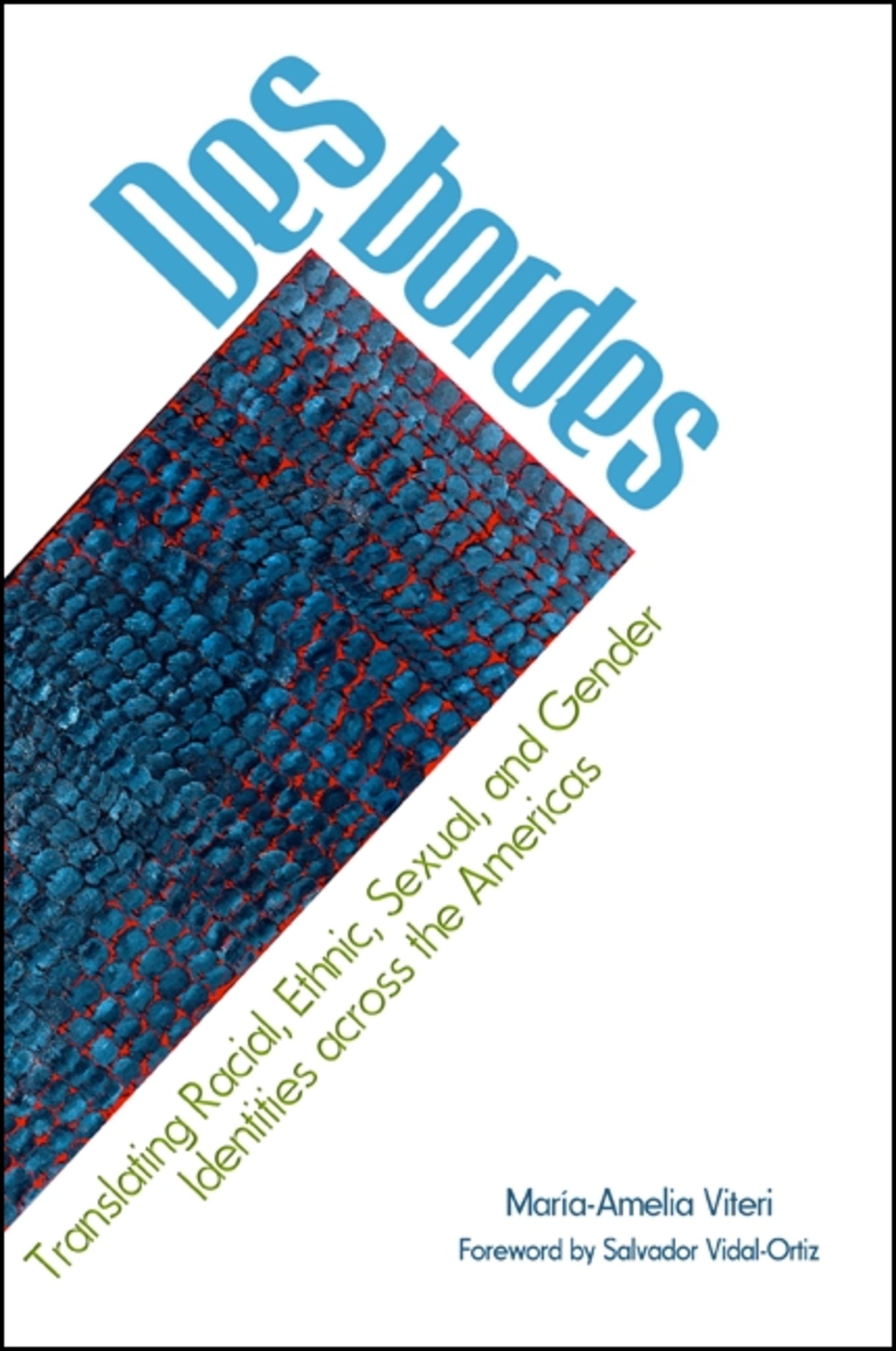We're sorry. An error has occurred
Please cancel or retry.
Desbordes

Some error occured while loading the Quick View. Please close the Quick View and try reloading the page.
Couldn't load pickup availability
- Format:
-
01 November 2014

Examines the intersections of "Latino," "queer," and "American," to illustrate how the categories of class, race, gender, sexuality, and ethnicity are directly entangled with issues of citizenship and belonging.
María-Amelia Viteri explores the multiple unfixed meanings that the term "Latino" takes on as this category is reappropriated and translated by LGBT "Latinos" in Washington, DC, San Salvador, and Quito. Using an anthropology-based, interdisciplinary approach, she exposes the creative ways in which migrants-including herself-subvert traditional readings based on country of origin, skin color, language, and immigrant status. A critical look at the multiple ways migrants view what it means to be American, Latino, and/or queer provides fertile ground for theoretical, methodological, and political debates on the importance of a queer transnational and immigration framework when analyzing citizenship and belonging. Desbordes (un/doing, overflowing borders) ethnographically addresses the limits and constraints of current paradigms within which sexuality and gender have been commonly analyzed as they intersect with race, class, ethnicity, immigration status, and citizenship. This book uses the concept of "queerness" as an analytical tool to problematize the notion of a seamless relationship between identity and practice.


"A sophisticated ethnographer and linguistic anthropologist, Viteri provides a rich analysis of heretofore understudied populations. This is a pioneering study." — Lawrence La Fountain-Stokes, author of Queer Ricans: Cultures and Sexualities in the Diaspora
Foreword
Acknowledgments
Introduction
1. Translating Sexual and Racial Borders
2. The Meanings around "Loca": Revisiting Language, Space, and Sexuality
3. "Latino" and "Queer" as Sites of Translation: Intersections of "Race," Ethnicity, Class, and Sexuality
4. Inserting the "I" in the Fieldwork
5. Conclusion
Notes
References
Index



